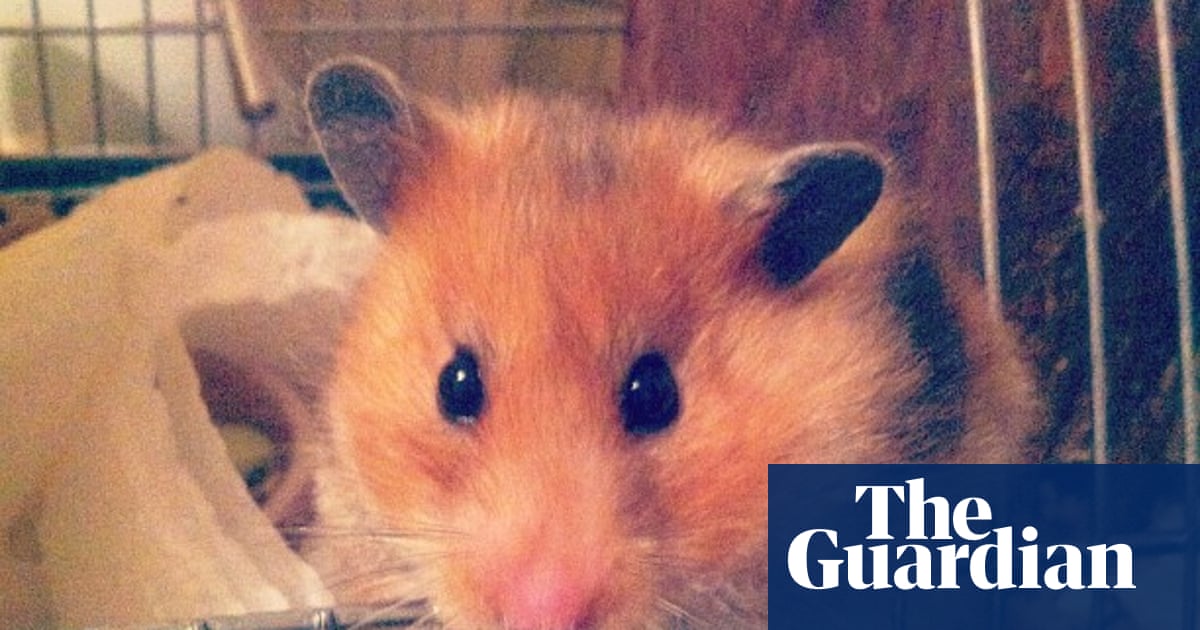
Fleabag isn’t really the person who got me through 2021. To confess the truth (and now the Hot Priest is saying “Kneel!” in your head, isn’t he?), she also got me through 2020, 2019, 2018, 2017 and half of 2016, when the show first aired. It’s been an intense few years. Which is precisely why only a show about a self-sabotaging, black-humoured, grief-stricken, sex-obsessed, charismatic and broken nihilist would do.
However, 2021 has been different. It’s the first year I’ve rewatched Fleabag since my mum’s death. She died last June in the midst of lockdown. She had breast cancer, just like Fleabag’s mum, whose farts sounded either like “a door opening” or a “suspicious duck”, and who also died. My mum was ill – with a remission in the middle that was like the sun coming out – for eight long years. Phoebe Waller-Bridge’s monstrous/lovable creation (whom she plays with such startling acuity that I actually felt betrayed when I discovered her own mother was alive) was my (evil) spirit guide through much of the darkness. Now she walks with me on this newly laid, even longer road through the wilderness of grief. I can think of no better companion.
Before my mum died, I watched Fleabag with a kind of “Brace! Brace!” unhinged obsessiveness. My mum was ill, having chemotherapy, being rushed to A&E with hypoglycaemia, dying in intensive care, but still here. Fleabag’s mother, in the first series, had been dead for three years. Fleabag and her sister were on the other side of the road, and it was as though I was (re)watching them in preparation for how sad and insufferable I would become. Series two, episode four, in which we finally see their mother’s funeral, was a lesson in the extremities and absurdities of grief, and the incapacity of any rituals (or language) to express them. Now I have crossed the road to join them. I have been to my mother’s funeral, with my sister and our father, and have become my own sad and insufferable self. It is oddly satisfying. Even, in a warped and perfectly Fleabag way, healing. At which point I know she would break the fourth wall to side-eye me, which is to say she would understand.
Really, it’s the tone of these 12 magisterial episodes that’s so in keeping with the experience of bereavement. Fleabag, like grief, plays out in an overwrought, nosebleed-high register. Both are filled with pain, love and inappropriate laughter. I would never go jogging in a graveyard (largely because I don’t jog), or try to snog Kristin Scott Thomas after she delivered the greatest monologue ever written about women and pain in the history of television, but Fleabag allowed me to live, by which I mean grieve, vicariously through her. I could metaphorically set my stepmother’s Persian house cat free when, in reality, I was lying in bed with my laptop next to my sleeping daughter, weeping silently with my headphones in.
So thank you, Fleabag, for not trying to mend my broken heart. Thank you for knowing that grief, like love, is, “awful”. Fleabag superfans (Fleabaggers?) will know that I’m referencing the priest’s beautiful wedding speech here. Which closed with the stunning line: “When you find somebody that you love, it feels like hope.” Thank you, Phoebe Waller-Bridge, for understanding that when you lose somebody that you love, it can feel like hope, too.












